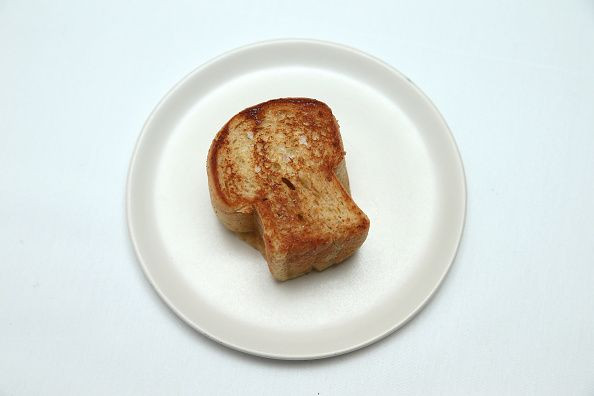These Food Substitutes You’ve Been Eating Are Not As Healthy As You Think

If you think your orange juice is healthier than having a cup of coffee in the morning, experts say that might not be the case. Choosing certain types of food over others just because they are supposedly the more healthy alternative needs scientific backing, and most of the things we know are “better” are not really so. Here are some of the common food substitutes that many mistake to be the healthier option.
1. Orange juice vs coffee.
Orange juice has no fiber and contains plenty of sugar, which does not really make it a better option compared to coffee, accordinfg to licensed dietitian Jackie Arnett Elnahar. In fact, coffee has been scientifically proven to contain brain boosters and heart-healthy antioxidants. This makes the latter the smarter choice in the mornings or whenever you need a pick-me-up any time of the day.
2. Whole wheat bread over regular bread
Whole wheat bread is no better than regular bread if it does not contain fiber, so be sure to check the nutritional label. Elnahar said that the best alternative would be multigrain bread, which contains more minerals and fiber.
3. Products that are fruit juice sweetened
Just because something contains fruit juice, it doesn’t automatically mean it’s healthier. Always check the label and ingredients to watch out for processed juice concentrates, which no longer have the vitamins, minerals and phytonutrients expected from the fresh version. Most fruit-sweetened treats use syrups that are fructose-based, which is what you should be avoiding.
4. Agave syrup or honey over sugar
While honey, maple or agave syrup are natural sweeteners, their nutritional content is really small and is especially so because they are consumed in small amounts, according to registered nutritionist and Herbalife Nutrition director Susan Bowerman. The bottom line is that for those who are already healthy, they have no significant benefit over the usual table sugar.
5. Meal replacement shakes and power bars
Avoid low-calorie drinks and snacks as a general rule. These foods typically contain chemical additives and artificial flavorings that not only have questionable benefits in the long-term but can also drive your cravings further later. According to an article on Self Growth, while they can help diabetics manage their sugar and carbs, they should not be consumed in place of a regular balanced meal. For one, their long-term safety and efficacy are not scientifically established. Second, they usually have very low fiber content, which will eventually cause trouble on your bowels.
© Copyright IBTimes 2024. All rights reserved.





















